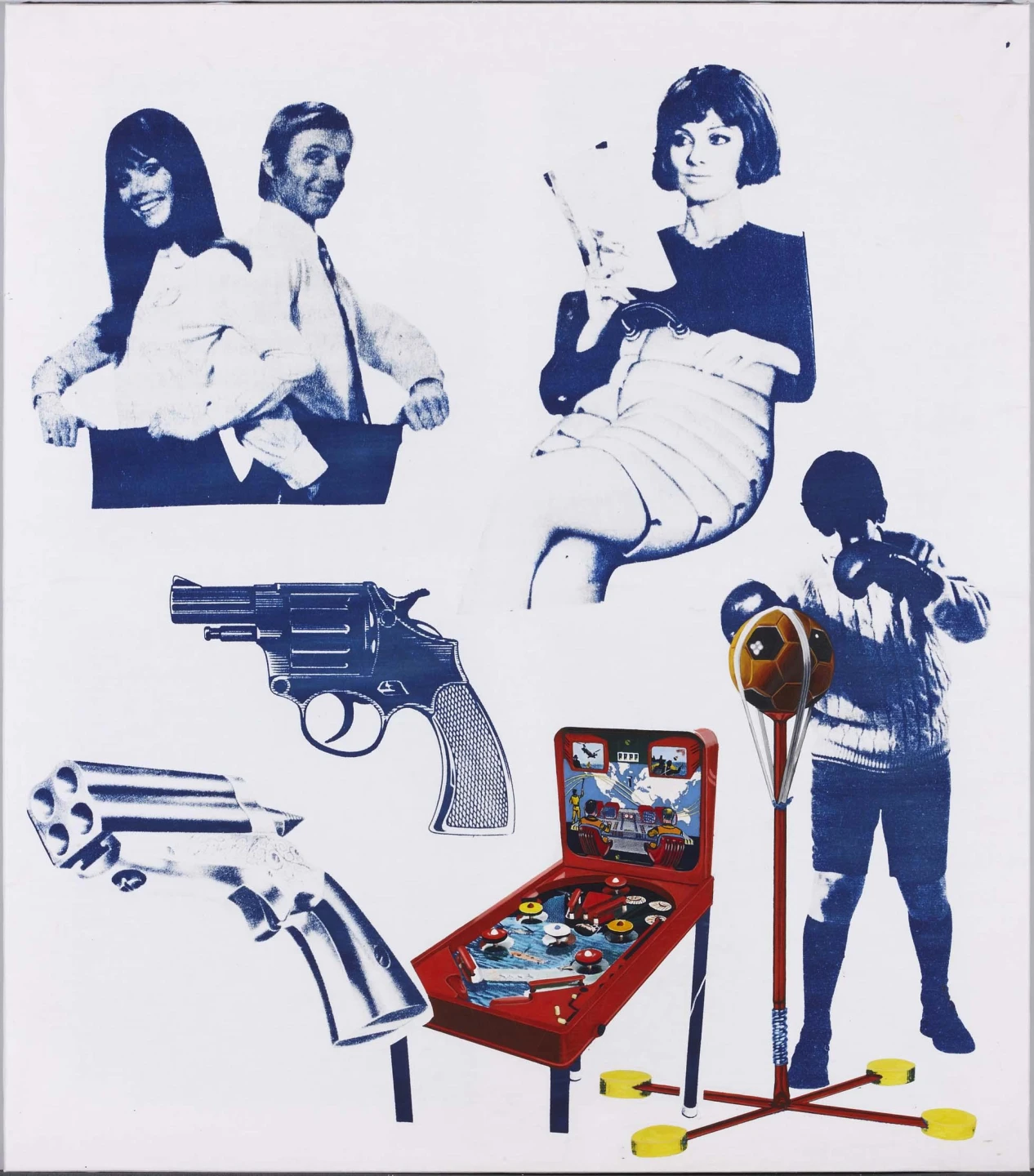Program
February 22
Museo Reina Sofía
Morning
10:00 a.m. Presentation
10:15 a.m. Feminisms in the historiography of Spanish art
This first round table reviews the place assigned to feminist discourses in the historiography of Spanish art, debates the positions adopted in different exhibition projects, and reflects on the suitability of Anglo-Saxon categories to analyze this specific case.
Moderated by: Jesús Carrillo
Participants: Juan Vicente Aliaga, Assumpta Bassas, Patricia Mayayo, and Isabel Tejeda
11:15 a.m. Break
11:45 a.m. Feminisms in the narrations of museums and art centers
This block asks about the role played by museums in the study of feminist art practices. How have large museums participated in the historiographical neglect previously mentioned? How are gender discourses integrated into the permanent collections of art centers?
Moderated by: Agustín Pérez Rubio
Participants: Margarita Aizpuru, Xabier Araskistain, Olga Fernández, and Laurence Rassel
Afternoon
4:00 p.m. Feminisms, cultural production, activisms: another view of the 1970s in Spain
This round table revisits a central period in the feminist struggle in Spain, the Transition. Artists and feminist activists who experienced these years first-hand analyze the confluence between artistic practices and activism, offering a balance of feminism's contributions to the social and artistic movements of the period.
Moderated by: Juan Vicente Aliaga
Participants: Justa Montero, Empar Pineda, Elsa Plaza Müller, and Paloma Uría
5:00 p.m. Break
5:30 p.m. Tatiana Sentamans. Transfeminist networks and new sexual representation politics in Spain
This lecture analyzes the recent emergence of a set of artistic and activist practices that, through rejecting sexual binarism and essentialist approaches, propose an imaginative and provocative use of performance and new technologies, acting as a counterpoint to more domesticated discourses of institutional feminism.
February 23
MUSAC, León
Morning
8:30 a.m. Bus Madrid-León* (see participation conditions)
12:30 p.m. María José Belbel. Subcultural resistance and gender dissidence during the "movida"
In this lecture, María José Belbel suggests that, despite the official discourse on the depoliticization of art, resistance spaces emerged during the 1980s. In contrast to the "movida" as a "brand image" of Madrid or a symptom of postmodern banality, Belbel emphasizes the elements of subcultural resistance and gender dissidence present in this cultural phenomenon.
1:30 p.m. The 1990s: institutionalization or new feminisms?
The speakers discuss two phenomena that occurred simultaneously in the 1990s: on the one hand, the reinforcement of institutional presence for a "state feminism" that had begun in the previous decade; on the other, the emergence of "new feminisms" from movements associated with squatting, lesbian women’s organizations, transgender collectives, and anti-militarist groups, bringing the notion of "autonomy" back to the public sphere.
Moderated by: Patricia Mayayo
Participants: Silvia L. Gil, Ana Navarrete, and Alicia Puleo
Afternoon
4:30 p.m. Feminist activism, art education, and collaborative practices
This last round table explores the intersection between feminist activism, art education, and collective creation. Among other things, it discusses the results of the project "Container of feminisms" (Anxela Caramés, Carme Nogueira, and Uqui Permui, 2009), reactivated for the seminar with feminist associations and collectives in the city of León.
Moderated by: Belén Sola
Participants: Container of feminisms León, Colektivof (Eva Garrido and Yera Moreno), and Susana Rioseras
6:00 p.m. Guided tour with the curators of the exhibition Feminist genealogies in Spanish art: 1960-2010
7:30 p.m. Return bus León-Madrid* (see participation conditions)

![Tracey Rose, The Black Sun Black Star and Moon [La luna estrella negro y negro sol], 2014.](https://recursos.museoreinasofia.es/styles/small_landscape/public/Obra/AD07091_2.jpg.webp)



